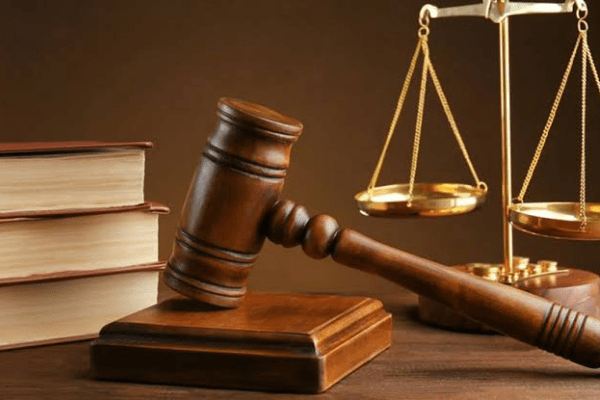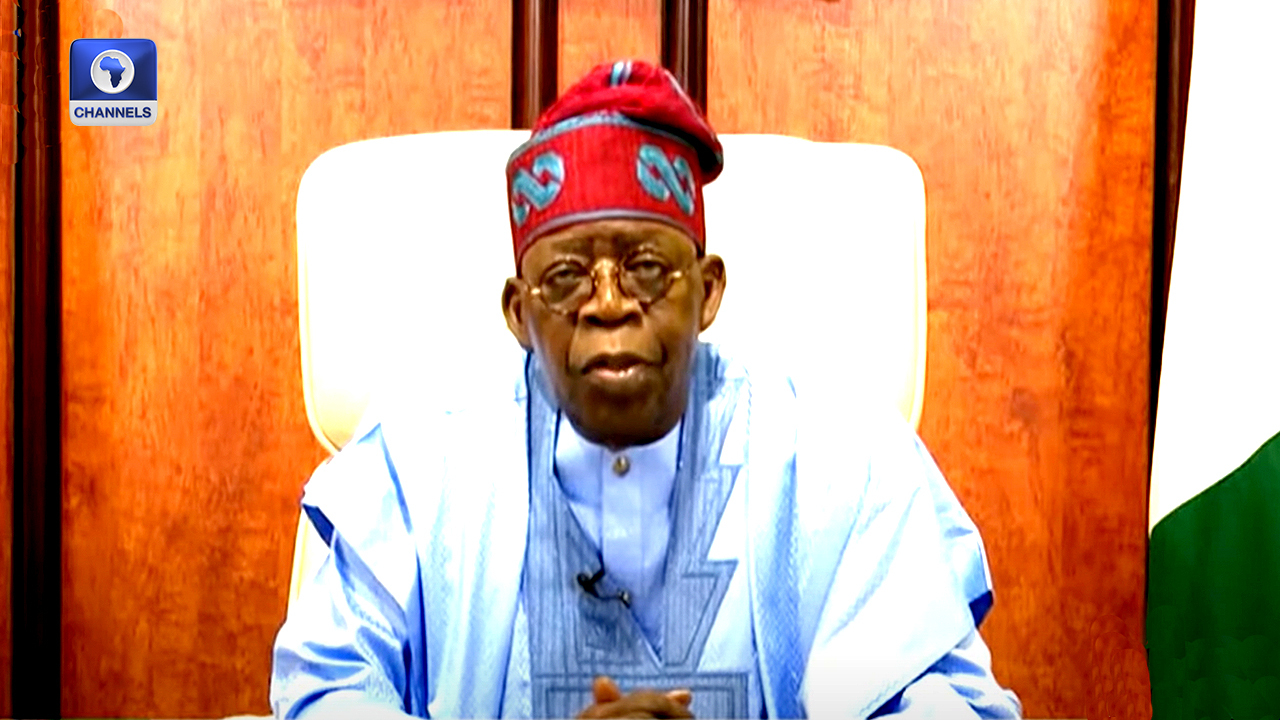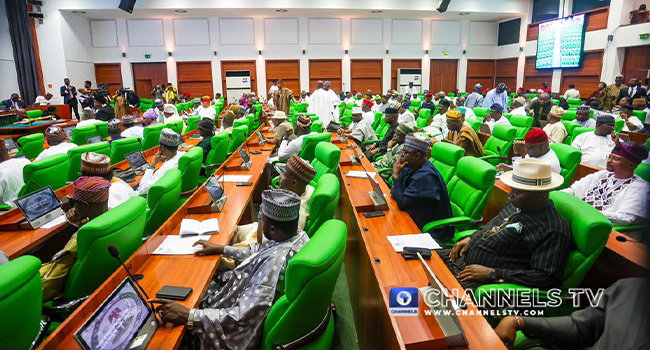FOLLOWING the release of the final list of presidential and national assembly candidates for the 2023 general election, the Women In Politics Forum (WIPF), on Monday, lamented the low number of female candidates contesting the 2023 general election.
According to an analysis from a report by the Forum titled ‘Research on Interrogating the Policy Interventions to Increase Women’s Participation in Governance in Nigeria,’ there are only 381 women among the total of 4,259 contestants for the presidential and the National Assembly seat in next year’s polls.
Briefing journalists on the issues identified in the research, the President of WIPF, Barr. Ebere Ifendu, noted that the number of females in the election represents 8.9 per cent of the candidates.
She explained that the development indicated the continuous marginalisation of women in the nation’s political space; noting that out of the 18 political parties in the country, only the Allied People’s Movement (APM) fielded a female presidential candidate.
For the senate, Ifendu observed that out of the 1,101 candidates vying for 109 Senatorial seats, 92 are women, representing 8.35 per cent while 288 women are contesting for House of Representatives out of the total 3,122 candidates.
According to her, a state-by-state analysis shows that of the 36 states of Nigeria, including the Federal Capital Territory, five states did not field any woman as a candidate for the Senate while one State did not field any woman as a candidate for the House of Representatives.
Ifendu listed the states lacking in this regard as Kano, Sokoto, Taraba, Yobe and Zamfara for senate and Jigawa for the House of Representatives.
“This means that even without conducting elections, 13.5 per cent of states will not have female representatives at the senate while 2.7 per cent of states will have no female representation at the House of Representatives,” she said.
Ifendu, therefore, charged the executive arm of government to ensure compliance with the minimum 35 per cent affirmative action in appointive positions into public offices, in conformity with the National Gender Policy and the judgement of the Federal High Court.
As the 2023 campaigns begin, she called on political parties to act in the best interest of the Nigerian women who have emerged as candidates and act in accordance with the law by ensuring they positively participate in the campaign rallies.
The WIPF also urged parties to provide all necessary and legal support in ensuring success at the polls.
While imploring security agencies to be more proactive in ensuring that campaigns and elections are peaceful and all forms of violence before and during elections are addressed, Ifendu appealed to the judiciary to, in the interest of justice, make necessary pronouncements against perpetrators of violence against women in the electioneering period.
“We urge the electorates to ensure that they lend their voices to promote the cause of an inclusive democracy to ensure that women, youths and People With Disabilities are included in governance and leadership of our country Nigeria,” she added.







